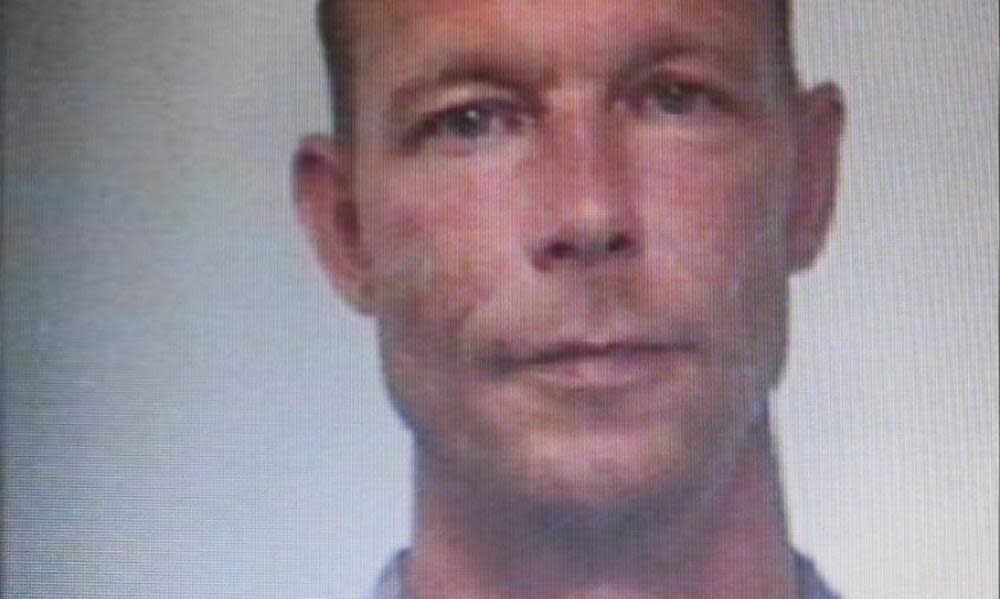Sex offences trial of Madeleine McCann suspect cancelled in Germany

A German court has decided not to hear a sex offences case against the prime suspect in the disappearance of British toddler Madeleine McCann on the grounds that the region where it is located is not the last place he lived in Germany.
Christian Brückner was charged last year by German prosecutors in Brunswick with three offences of aggravated rape of women and two offences of sexual abuse of children. The offences took place in Portugal between December 2000 and July 2017. They are not linked to Madeleine’s disappearance.
The regional tribunal in Brunswick, north Germany, said on Thursday it had decided it was “not competent” to hear the case against him because his “last known address” in Germany was in another state, Saxony-Anhalt. The trial had been due to start imminently.
The decision by the court does not mean that Brückner will be freed from jail. He is serving a seven-year term in Oldenburg, expected to end in 2025, for the rape of a 72-year-old woman in the same area of the Algarve where Madeleine went missing.
Despite the court’s decision, Brunswick prosecutor’s office said it would continue investigations related to Madeleine’s case. Prosecutors would also “carefully examine the reasons” given by the court and “probably” take the decision to appeal, the spokesperson for Brunswick’s prosecutors, Hans Christian Wolters, added.
Brückner’s lawyer, Friedrich Fülscher, argued that “on the basis of the court’s decision, the Brunswick justice system is also not competent in the Maddie case”.
If Brückner’s trial is now moved to a new jurisdiction, such as Magdeburg, the closest court to where he had reportedly been living in a disused warehouse, or Frankfurt, where he was brought after his arrest by authorities in Italy, prosecutors there will have to start from scratch to familiarise themselves with details of the case, which the Brunswick authorities have been working on for several years.
Brückner’s last registered address in Germany in 2016 had been in Brunswick, in the state of Lower Saxony, but purely for the sake of receiving mail, and he had not lived there, Fülscher told German media.
He said the court in Brunsick had been wrong to assume that the registration was proof enough he had lived there. “Prior to his arrest abroad, the accused lived on his property in Neuwegersleben,” he said, referring to the disused warehouse in the neighbouring state of Saxony-Anhalt.
Wolters, who has been working on the case against Brückner, said he had been taken by surprise by the decision. “The court should have given both the state prosecutor and the defence lawyer this decision simultaneously,” he told Bild newspaper.
Madeleine disappeared at the age of three in 2007 while on holiday in Portugal with her family.
In June 2020, German police said it had evidence to suggest that she was dead – though it could not reveal what that was – and that it believed Brückner was responsible for her murder. But it has not brought charges against him.
Wolters said in 2020: “If you knew the evidence we had, you would come to the same conclusion as I do, but I can’t give you details because we don’t want the accused to know what we have on him. These are tactical considerations.”
Brückner has denied any involvement in Madeleine’s disappearance.

 Yahoo News
Yahoo News 
